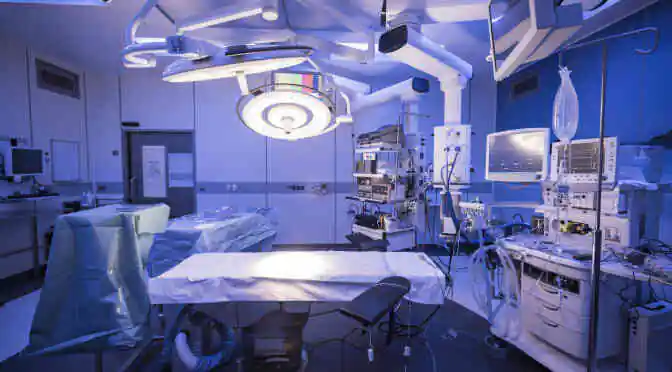Rheumatoid arthritis (RA) is a chronic inflammatory autoimmune disease that primarily affects the lining of joints in the hands and feet. However, severe cases can lead to bone erosion and joint deformity and even issues with organs and blood vessels.
According to the Arthritis Foundation, RA affects approximately 52.5 million people in the US alone. By 2030, approximately 67 million Americans aged 18 or older are projected to have RA.
The rising rates of the disorder are mostly due to an emphasis on early diagnosis, which is catching more instances of RA than ever before.
However, the RA drugs market is expected post very slow growth from 2015-2020. The market is growing at a CAGR of just 3.43%, and will hit a value of $31.8 billion by 2020. This might seem like a lot, but in the world of pharmaceuticals, it’s a relatively small number.
Market share of global RA drugs market by drug class 2015
Source: Technavio
Three reasons for slow growth of RA drugs
We want to note here that in a lot of pharmaceutical markets, what’s good for the market is often bad for the patient, and vice versa. When we discuss challenges, we’re talking specifically about challenges to market growth.
Increasing costs of biologicals
Drugs that treat RA, like Enbrel, Humira, Enbrel, and Remicade, are sold at premium prices, which make long-term treatment expensive and difficult. Additionally, co-morbidities associated with the condition add to overall treatment costs. High drug prices can often boost market growth, but in the case of RA, these drugs—which can cost upwards of $1,000 for a few doses—are prohibitively expensive without medical coverage. In a lot of cases, this leads patients to discontinue treatment, which ultimately threatens market growth.
Average annual treatment cost of Humira, Enbrel, and Remicade 2014 ($)
Source: Technavio
Loss of patent exclusivity of branded therapies
It’s one of those ‘good for consumers but bad for business’ kind of situations: Patent expiries result in exclusivity loss on drugs, leading to a rapid decline in sales. In addition, the entry of generics leads to further loss of revenue for drug manufacturers, hindering the market growth. All three branded biologics mentioned above—Humira, Enbrel, and Remicade—are set to lose their patent exclusivities during the forecast period.
Use of complementary and alternative medicines (CAMs)
There is no cure for RA. The condition can go into remission, but it won’t disappear completely. But between the high cost and troubling side effects of the drugs, many individuals with RA look to alternative treatments like acupuncture, naturopathy, massage, herbs and supplements—either alone or in tandem with medication—to find relief. But the high number of patients opting for alternatives is chipping away at the market share of pharmaceuticals in the market.





